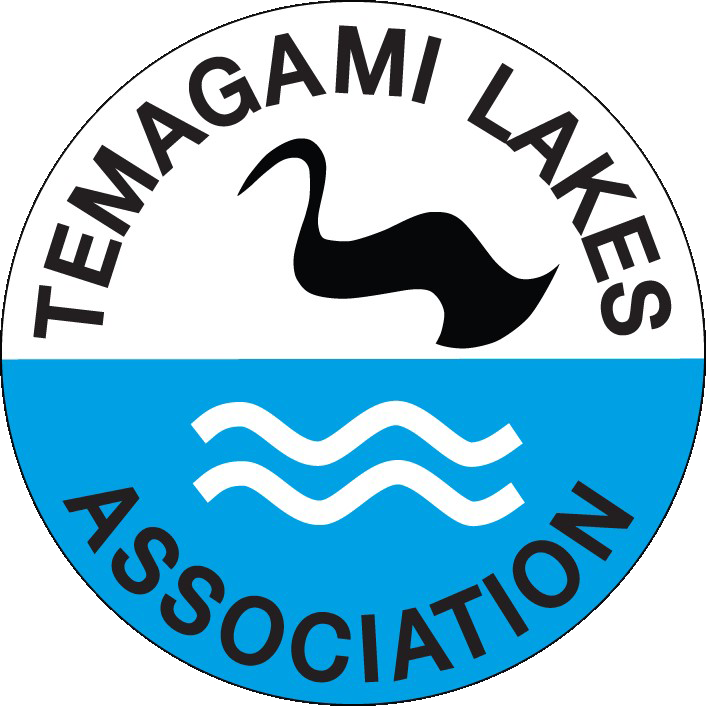Guest Speaker for TLA “Annual General Meeting” (Saturday, July 26, 2025)
Dear TLA Members:
We invite you to attend the AGM on Saturday, July 26, 2025 (9:30 a.m. to 1:30 p.m.). If possible, please confirm your attendance by Friday, July 11th (to help with planning for food and beverages).
If you are not able to attend, please fill out a proxy form, and return it via e-mail or standard mail by Monday, July 21st.
Guest Speaker:
This year, we will have a special guest speaker. Dr. Jesse Vermaire is currently an Associate Professor with the Institute of Environmental Science and cross-appointed with the Department of Geography and Environmental Studies at Carleton University. His research focuses on the long-term impacts of human activity on our freshwater resources. He employs a number of approaches to understand the long-term impacts of human actions on freshwater systems to help inform management and conservation of lakes and rivers in a changing environment.
Presentation Title:
“Ecological Change in Lake Temagami Over the Last Century: Impacts of Damming, Acid Rain, and Climate Warming”
Presentation Summary:
Lake Temagami in Northeastern Ontario, Canada, is a large, deep (maximum depth ~110 m), oligotrophic (total phosphorus < 10 micrograms/L) lake with many bays and over 1,000 islands. The region around Lake Temagami is relatively undeveloped and holds some of the last remaining old-growth forests in Ontario.
Lake Temagami has been exposed to some ecological pressures over the last few decades, including the potentially, wider-spread impacts related to climate warming and acid-rain deposition. To assess these potential impacts on the ecology of Lake Temagami, we collected three sediment cores and analyzed them for diatoms [single-celled algae] – which are important bioindicators [organisms that show ecosystem health] – and metal(loid) concentrations.
Preliminary results suggest that the largest change in the diatom assemblage occurred with water-level increases when Lake Temagami was dammed in the early 1900s. Near the top of the cores, pronounced increases in the diatoms Discostella and Cyclotella suggest recent shifts toward stronger stratification, consistent with climate warming.
Metal(loids) began to increase in the lake sediments around the 1960s in response to acid-rain deposition; however, some metal(loids) began to decline in the 1970s as stronger environmental measures were put in place.
These results suggest that Lake Temagami has undergone some ecological change resulting from water-level modification, acid-rain deposition, and climate warming.
